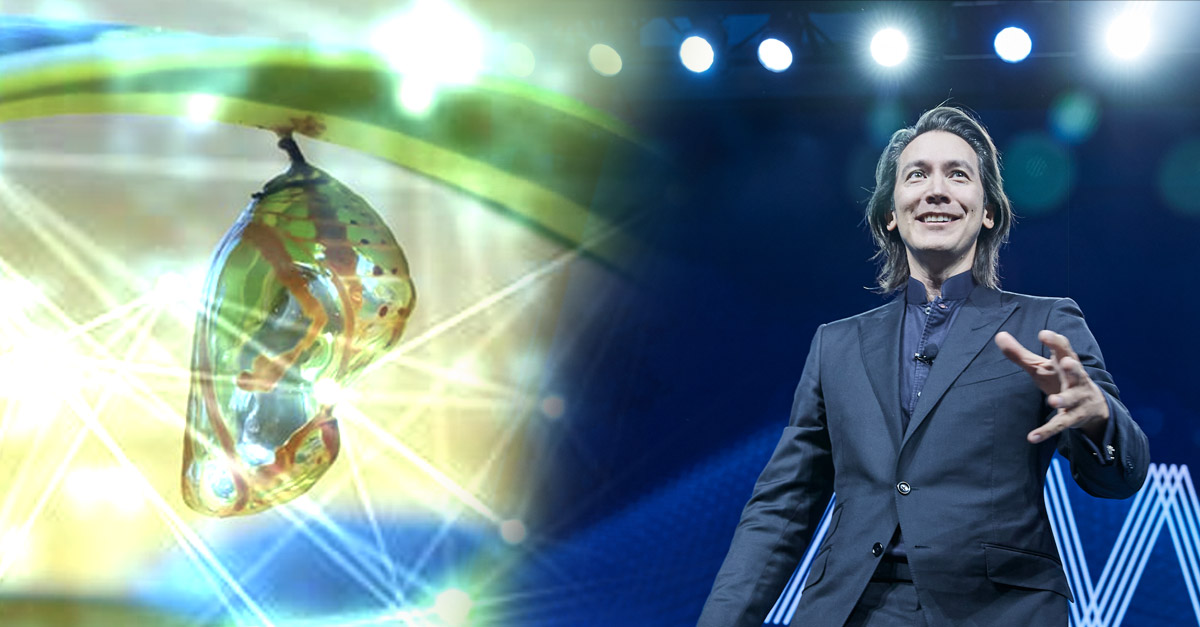Mike Walsh's video highlights rule #9, the future of AI is personal, from his 10 New Rules for a New World.
"A crisis is something you recover from, whereas a chrysalis is a bridge from one state to another."
One of the biggest dangers in any disaster is a premature plan for normalcy. As vaccine programs roll out worldwide, organizations and governments are preparing for economic recovery, a return to offices, corporate travel, and a resumption of business as usual. We all need a little optimism, but nostalgia can be as dangerous as disruption. Some doors are one-way only. What if the pandemic was not a crisis but rather a chrysalis?
The difference is a subtle but important one. A crisis is something you recover from, whereas a chrysalis is a bridge from one state to another. The difficulty is knowing whether the changes you are experiencing are merely temporary or part of a more permanent redefinition.
COVID-19 may have started as a crisis, but it quickly became a forcing function that unleashed digital transformation on every aspect of our lives - whether it be how we work or how we buy things, run our factories or deliver healthcare. What is likely to make these changes permanent is not just gains in efficiency but also the unexpected ways these forces are now interacting with each other.
More becomes different. More data, more computation, more automation, and more transactions - don’t just add up to more speed or resilience - they can reverberate throughout your organization until you become something else entirely. In any complex adaptive system - whether it be a supply chain, a workplace, or a biological ecosystem - small changes amplified by reinforcing feedback loops can hit critical mass and trigger radical reinvention. Water becomes ice; tremors become an earthquake; a viral video can make you a global star.
From this perspective, what if the end of the pandemic is not a pendulum swinging back to normality; but rather a portal from the world we knew to a radical new future that we are yet to fully understand? If you change enough of the infrastructure that runs what you do, at some point, you also change who you are. Likewise, if you change enough of the forces that run the world, you will inevitably change that as well.
I’ve spent the last year thinking about what all the small changes in our lives add up to. The list of pandemic era adaptations is long and constantly growing: working from home, social distancing, automated service delivery, augmented reality training, mRNA technologies, drones and robotics, process automation, telehealth services, retail live-streaming, AI-powered drug discovery, and the growing influence of data in the way we run our organizations.
I firmly believe that the sum of all of these innovations not only exceeds what we have seen before but also that their combination and interaction are the foundations of something new: a new world that runs on new rules.
I am in the process of researching the terrain of that new world and compiling what those new rules might be. They are the basis of my latest keynote presentation. Potentially, they may also be the basis of a new book. More on that later.




